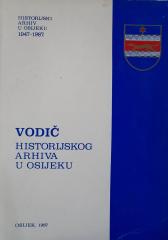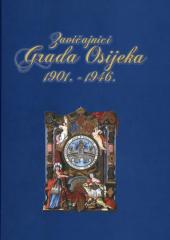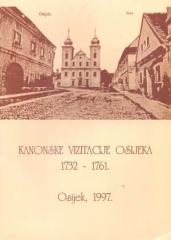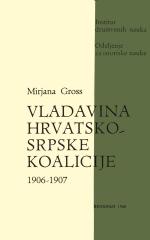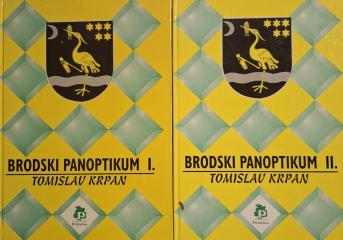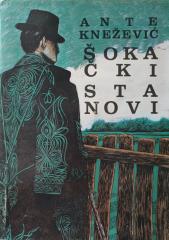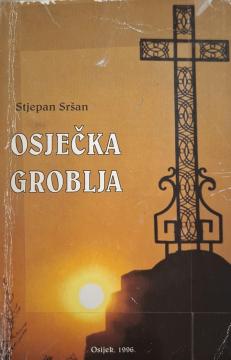
Osječka groblja
Knjiga je duboko ukorijenjena u lokalnoj povijesti i kulturi Osijeka, s naglaskom na grobljanske motive koji služe kao metafora za sjećanje, smrt i nestanak.
Sršanov jezik je poetski, ali pristupačan, s bogatim opisima prirode i urbanog pejzaža Osijeka. Knjiga kritizira zaborav i modernizaciju koja briše tragove prošlosti. Kritičari (npr. u Vjesniku ili lokalnim recenzijama) hvale je kao "elegiju za izgubljeni svijet", uspoređujući je s djelima Ive Andrića ili Miroslava Krleže, ali s regionalnim štihom.
Jedan primjerak je u ponudi
- Podvlačeno olovkom
